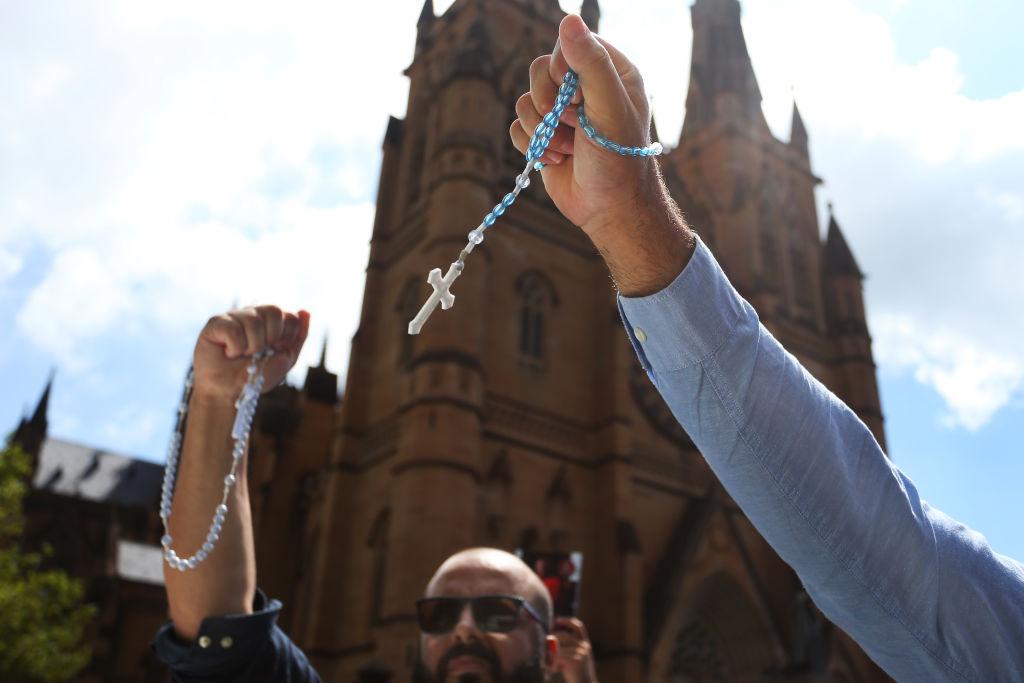Commentary
On Jan. 27, the Australian Law Reform Commission (ALRC) released a consultation paper on its inquiry into religious, educational institutions and anti-discrimination laws.

On Jan. 27, the Australian Law Reform Commission (ALRC) released a consultation paper on its inquiry into religious, educational institutions and anti-discrimination laws.